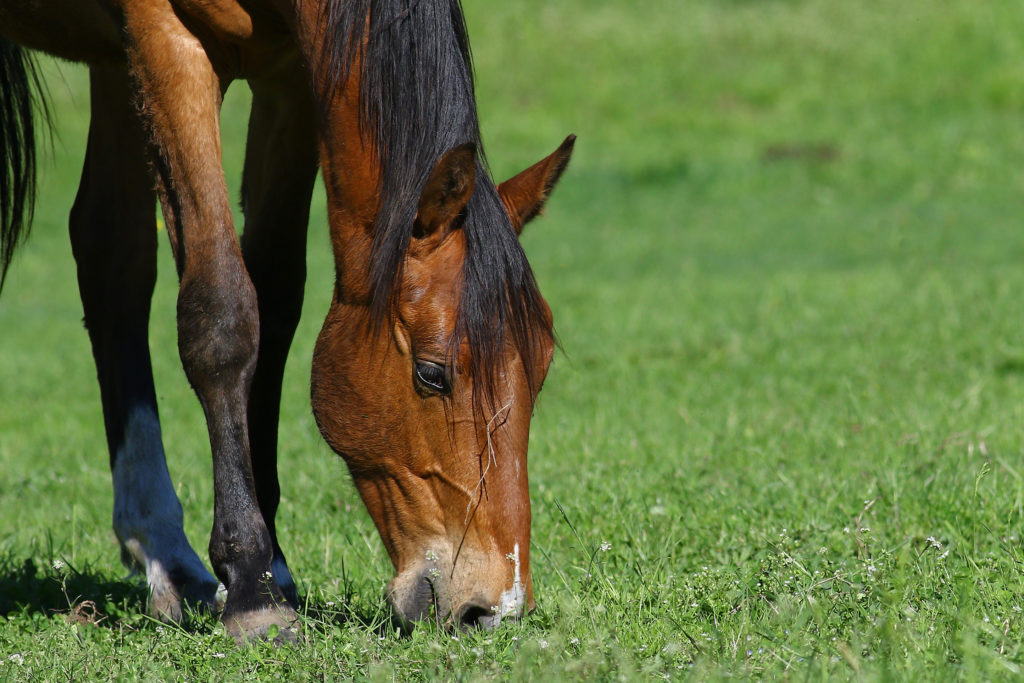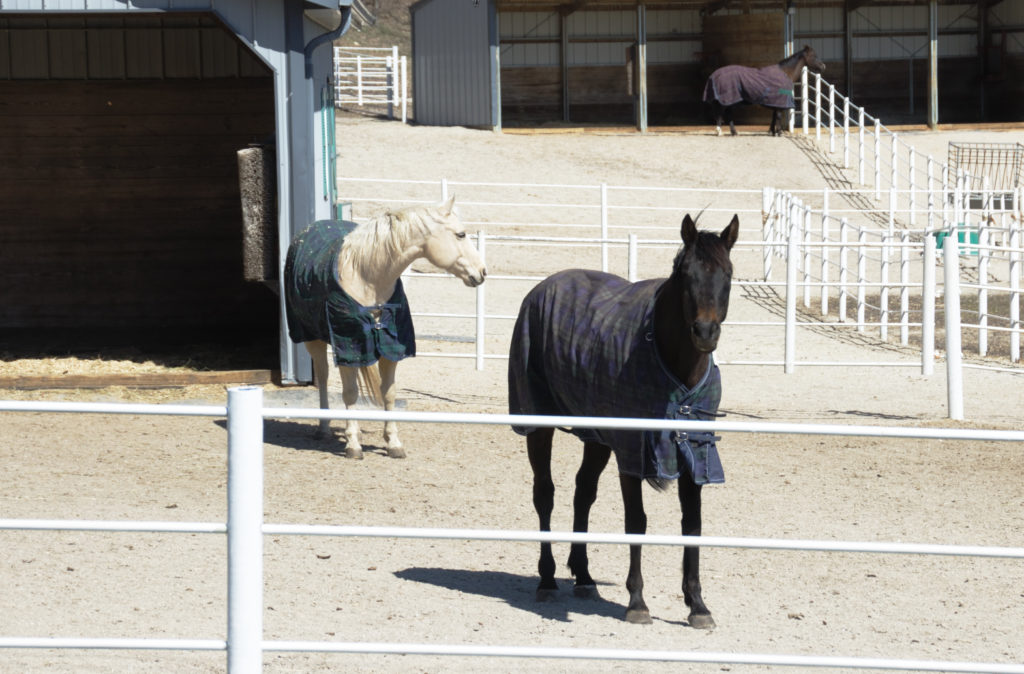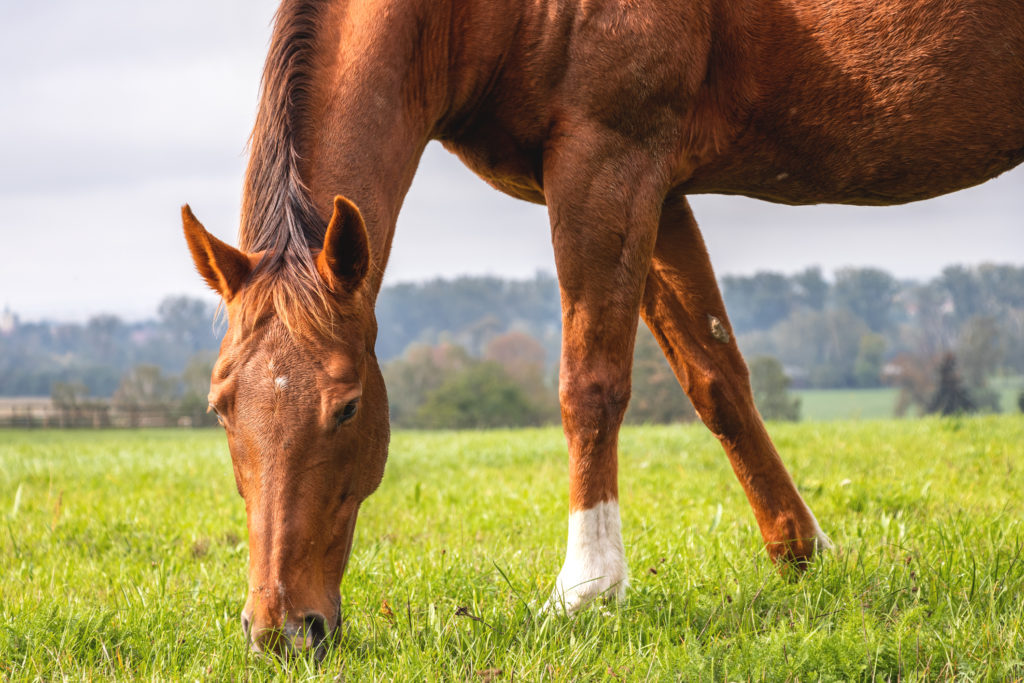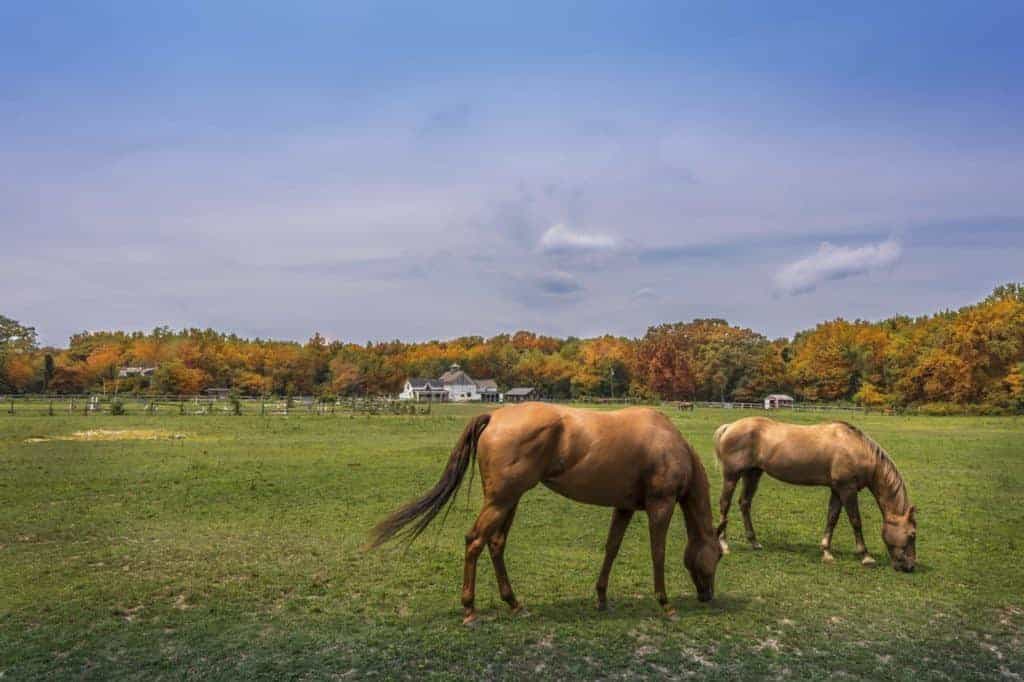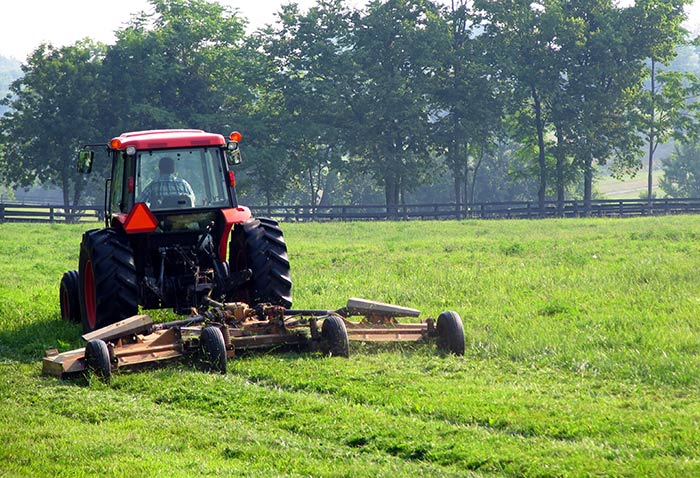
Calming Horses: Education and Options
From learning theory and counterconditioning to supplements and pharmaceutical options, we’ll take a look at ways to safely help nervous, high-strung, and energetic horses relax. Sponsored by Confidence EQ by Bimeda.





